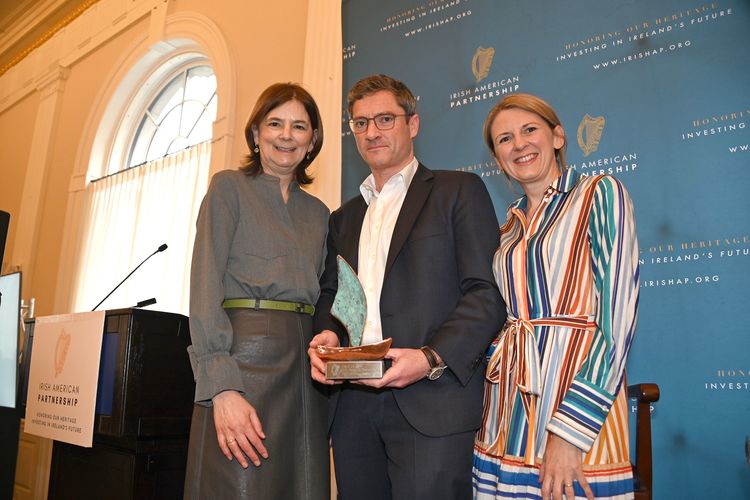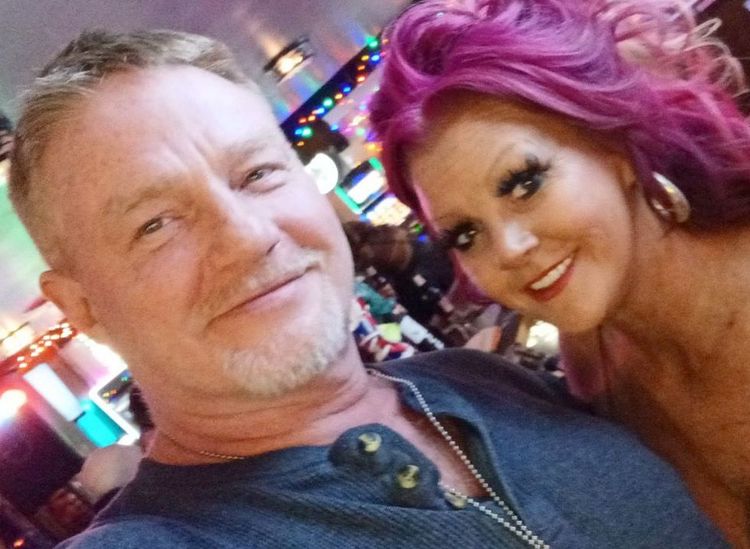And so, the last of the Four Horsemen is gone.
A generation ago, Hugh Leo Carey was one of four prominent Irish-American politicians who took up the cause of peace and reconciliation in Northern Ireland at a time when neither seemed possible.
Carey, Daniel Patrick Moynihan, Ted Kennedy and Tip O'Neill, four of the most-distinguished politicians of their time, became involved in the North not because they needed votes (they didn't) but because they thought it was right to intervene in the name of justice.
Carey's achievements as a two-term governor of New York included nothing less than the saving of New York City, which sounds like the plot of a Bruce Willis movie, except that it happened in real life. Putting the city back on a sane fiscal path in the 1970s certainly did require Hollywood-like determination and courage. Hugh Carey had both.
When Carey died two weeks ago, the media understandably focused on the remarkable way he took charge of the city's finances and made the kinds of tough decisions which politicians seem incapable of today. Carey, a pro-labor Democrat, had to tell the state's unions that there were too many workers on the public payroll. He had to persuade bankers that the city was a good credit risk. He had to re-imagine a state bureaucracy that was too big and too bloated.
All of that made Carey one of the greatest governors in New York history, which is no small compliment considering that in the 20th century alone, New York has been governed by the likes of Charles Evans Hughes, Al Smith, Franklin Roosevelt, Herbert Lehman, Thomas Dewey, Nelson Rockefeller, and Mario Cuomo.
Lesser known, and not well-explored in his obituaries, was Carey's collaboration with Moynihan, Kennedy and O'Neill during the height of the Troubles in the North. Long before President Bill Clinton's historic, hands-on involvement in the peace process in the 1990s, there were the so-called Four Horsemen who sought to rally support for John Hume while simultaneously pressuring the British government to make concessions in the name of justice.
The efforts of the Four Horsemen were not always welcome among Irish-American activists who considered Carey and company too friendly towards Downing Street and too harsh in their criticism of the IRA and its allies in the United States.
Those of us of a certain age can recall the ways in which some Irish Americans curled their lips when they referred to the horsemen. They occasionally added an adjective to the title.
It's hard to imagine that Hugh Carey won a single vote because of his personal involvement in northern Irish affairs. If anything, he may have lost votes from those who resented his criticism of the IRA's campaign, or who believed he was not tough enough on Downing Street.
On the other hand, Carey and his allies were regularly pilloried in the British gutter press as apologists for the IRA, simply because they dared to suggest that Catholics were the victims of injustice in the North. British critics regularly charged that Carey and company took the positions they did simply to pander to an assumed monolithic Irish-American voting bloc that supposedly cast its votes based on Northern Ireland issues.
The British media have never quite understood that the number of Irish Americans who vote for politicians based exclusively on Irish politics regularly approaches the high three figures.
Hugh Carey was a politician, and as politician, he certainly was not above playing to an audience on occasion. But the Hugh Carey who presided over New York during a flat-out financial emergency in the 1970s was not your typical vote-seeking, crowd-pleasing politico. Likewise, the Hugh Carey who sought to remove the gun from North politics acted as he did not because he sought votes, but because he sought peace and justice.
Hugh Carey was on the right side of history when he and his three colleagues advocated for a greater American presence in mediating the Troubles three decades ago. Carey saw that the debate over the Troubles was contributing nothing to a just and peaceful solution. He understood that compromise was inevitable. He insisted that America, with its historic ties to Ireland, could and should have a role to play in achieving peace in the North.
He was right, and he was well ahead of his times, just as he was right about troubles closer to home.
Long before the current debate over the size of government, Hugh Carey understood that the old ways weren't working, that, as he said, the "days of wine and roses are over." He said that in 1975, long before Bill Clinton, a fellow Democrat, announced that the "era of big government" was over, and before Barack Obama declared that Washington had to re-think its spending and borrowing practices.
Politicians like Hugh Carey do not come along very often. What a shame.











